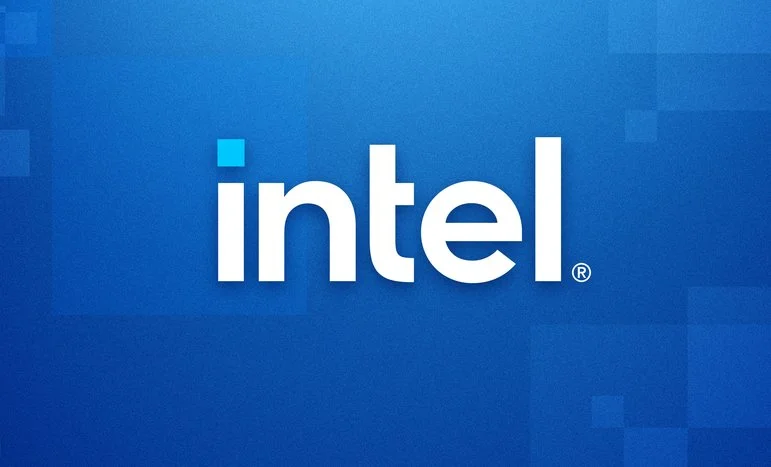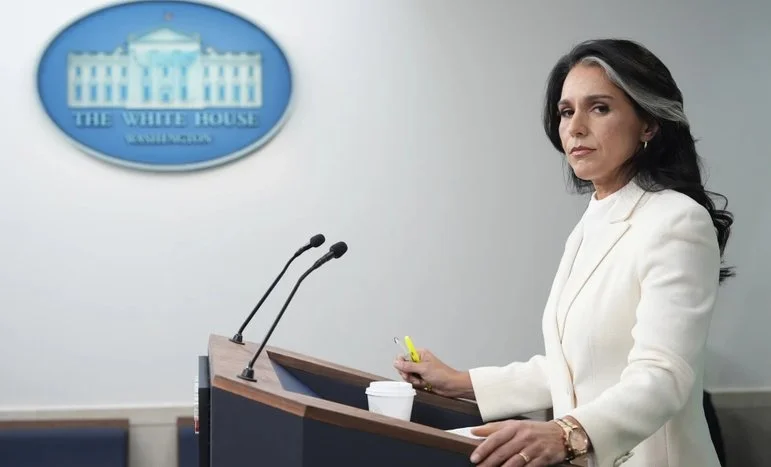
Trump Administration Eyes Big Stake in Intel After SoftBank’s $2 Billion Bet
The reported interest of the Trump administration in acquiring a significant stake in Intel, coming on the heels of SoftBank’s $2 billion investment, highlights a growing convergence between state power and corporate strategy in one of the most critical industries of the modern era. Semiconductors are no longer just another sector of the economy; they sit at the heart of national security, technological leadership, and geopolitical influence. Intel, as one of America’s most iconic technology firms and a cornerstone of the global chip supply chain, occupies a position that extends far beyond shareholder value. Any move by a U.S. administration to directly invest in or exert ownership influence over such a company inevitably raises profound questions about the role of government in markets, the boundaries between public policy and private enterprise, and the strategic anxieties shaping economic decision-making in an increasingly fragmented world.
From a strategic standpoint, the logic behind government interest in Intel is not difficult to understand. Semiconductors underpin virtually every aspect of modern life, from consumer electronics and cloud computing to military systems, artificial intelligence, and critical infrastructure. Over the past two decades, the United States has watched a significant portion of chip manufacturing migrate overseas, particularly to East Asia. This shift has delivered efficiency and cost advantages, but it has also created vulnerabilities that became painfully clear during supply chain disruptions and rising tensions with China. In this context, Intel represents one of the few remaining large-scale champions of advanced chip manufacturing with deep roots in the United States. A government stake could be seen as an attempt to anchor this strategic capacity firmly within national control, ensuring that decisions about investment, production, and long-term planning align with broader U.S. interests rather than purely market-driven considerations.
SoftBank’s $2 billion investment adds another layer to this dynamic, underscoring how intensely contested influence over major technology firms has become. SoftBank is not merely a passive financial investor; it is known for making bold, often highly strategic bets aimed at shaping the future of technology. Its involvement signals that Intel is once again viewed as a pivotal player in the semiconductor race, particularly as global demand for advanced chips accelerates. For the Trump administration, the timing of this investment may serve as both validation and warning: validation that Intel’s strategic value is recognized by global capital, and warning that control over such assets is increasingly subject to international competition. In this environment, government participation can be framed as a defensive measure designed to prevent critical national assets from drifting beyond domestic influence.
However, the prospect of direct government ownership in a major publicly traded technology company also raises legitimate concerns. Markets are built on the assumption that companies operate according to commercial logic, responding to competition, innovation, and consumer demand. When governments become shareholders, especially governments with explicit political agendas, that assumption is strained. Critics argue that such involvement risks distorting market incentives, shielding companies from necessary discipline, or turning corporate strategy into an extension of political priorities. Decisions about research funding, factory locations, or partnerships could become entangled with electoral considerations, lobbying pressures, or ideological goals, potentially undermining efficiency and long-term competitiveness.
These concerns are not abstract. The semiconductor industry is capital-intensive, technologically complex, and unforgiving of missteps. Success depends on sustained investment, technical excellence, and the ability to compete globally against formidable rivals. If political influence begins to override commercial judgment, the very strategic advantage the government seeks to protect could be weakened. There is also the question of regulatory conflict. A government that is both regulator and shareholder occupies an inherently conflicted position, raising doubts about fairness, transparency, and the treatment of competitors. Even the perception of such conflicts can erode trust in markets and invite retaliation or scrutiny from international partners.
Supporters of government involvement counter that the semiconductor sector is already deeply intertwined with public policy, whether through subsidies, defense contracts, or export controls. In their view, pretending that this industry operates in a purely free-market environment ignores reality. They argue that strategic competitors, particularly China, openly deploy state resources to advance their technological ambitions, blurring the line between public and private in ways that disadvantage countries that adhere rigidly to laissez-faire principles. From this perspective, a government stake in Intel is not an aberration but a pragmatic response to a world in which technological leadership is inseparable from state power.
The Trump administration’s reported interest must also be understood within its broader economic and political philosophy. Throughout its tenure, the administration emphasized economic nationalism, supply chain resilience, and the reshoring of critical industries. Semiconductors fit squarely within this agenda. By signaling willingness to take an ownership position in Intel, the administration would be sending a clear message that certain sectors are too important to be left entirely to market forces. This approach reflects a broader shift in thinking across much of the political spectrum, where concerns about security, resilience, and technological sovereignty are increasingly outweighing traditional arguments for minimal state intervention.
Yet the long-term implications of such a move remain uncertain. While a government stake might provide Intel with financial stability and strategic backing, it could also alter how the company is perceived by partners, customers, and competitors worldwide. International clients may question whether Intel’s decisions are driven by commercial considerations or national policy. Allies may welcome stronger U.S. leadership in semiconductors, but they may also worry about being sidelined or pressured in the name of strategic alignment. Adversaries, meanwhile, could interpret the move as confirmation that the semiconductor industry has become an explicit arena of geopolitical competition, further accelerating efforts to decouple and build parallel supply chains.
At a deeper level, this situation reflects a transformation in how economic power is understood. The era in which technology companies could be viewed simply as private enterprises pursuing profit is fading. In fields like semiconductors, artificial intelligence, and advanced manufacturing, corporate decisions shape national capabilities and global balances of power. Governments are responding accordingly, seeking tools to influence outcomes more directly. The challenge lies in doing so without undermining the innovation, competition, and efficiency that made these industries valuable in the first place.
Whether the Trump administration ultimately proceeds with acquiring a significant stake in Intel, the very discussion signals how high the stakes have become. SoftBank’s investment underscores that global capital sees strategic value in Intel’s future, while government interest highlights the national implications of that future. This convergence of money, politics, and technology is unlikely to reverse. Instead, it points toward a world in which the boundaries between state and market are increasingly blurred, particularly in sectors deemed essential to security and sovereignty.
In the end, the question is not simply whether government involvement will help or hurt Intel, but what kind of precedent it sets for the relationship between political power and corporate governance. A carefully structured stake, with clear limits and transparency, could strengthen U.S. technological independence without sacrificing market principles. A poorly defined or overtly politicized intervention, however, could undermine both investor confidence and strategic objectives. As competition over semiconductors intensifies, the choices made now will shape not only Intel’s trajectory, but the broader model of how democracies engage with critical industries in an era of global rivalry.
We appreciate that not everyone can afford to pay for Views right now. That’s why we choose to keep our journalism open for everyone. If this is you, please continue to read for free.
But if you can, can we count on your support at this perilous time? Here are three good reasons to make the choice to fund us today.
1. Our quality, investigative journalism is a scrutinising force.
2. We are independent and have no billionaire owner controlling what we do, so your money directly powers our reporting.
3. It doesn’t cost much, and takes less time than it took to read this message.
Choose to support open, independent journalism on a monthly basis. Thank you.


















